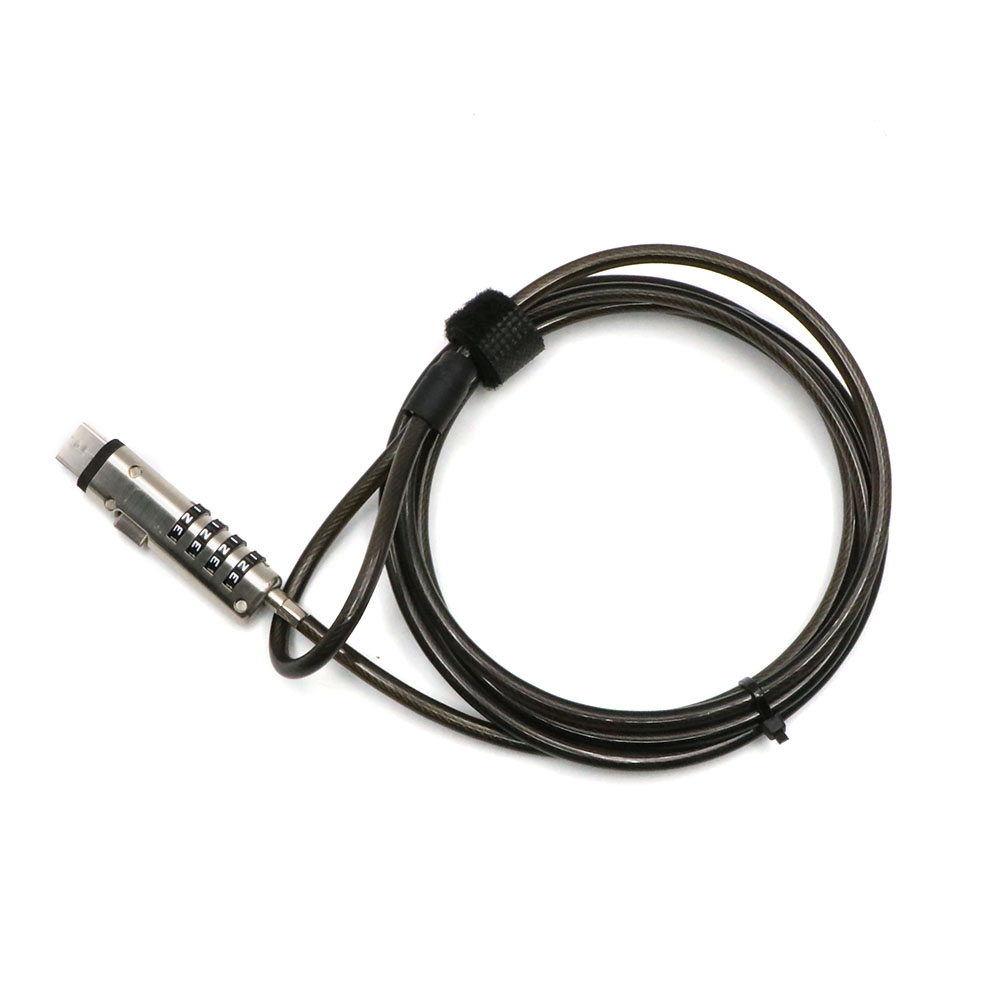In an increasingly digital world, the security of our laptops is paramount. Whether you're protecting sensitive data or personal information, locking up your laptop is an essential task.
Physical Security for Your Laptop
Similar to a bicycle lock, laptop locks provide physical security for your device. The lock typically connects to the security slot of the laptop, then wraps around an immovable object. Laptop locks are available in key or combination versions.

One of the first lines of defense is a strong password. To maximize security, consider using a mix of uppercase, lowercase, numbers, and special characters. Change your password regularly and don't use the same one across different platforms.
Encrypting your hard drive is a further step to secure your data. This makes your files unreadable to anyone who doesn’t have the encryption key. Most modern operating systems offer built-in encryption tools.
Install an anti-theft software on your laptop. If your laptop gets stolen, such software can help track its location, lock it remotely, or even wipe data.
A secure carrying case can not only protect your laptop from physical damage but can also deter thieves. Consider cases with built-in locks for additional security.
Remember not to leave your laptop unattended in public places. Always keep software, including your operating system and antivirus, up to date. Regularly back up important data.
Securing your laptop involves both physical and digital measures. By taking a comprehensive approach to laptop security, you can ensure your device, and the data it contains, is well-protected.
1.Are laptop locks effective?
Laptop locks can deter casual theft but may not prevent a determined thief.
2.How often should I change my password?
It's recommended to change your password every three months.
3.What does data encryption do?
Data encryption converts your files into unreadable text to anyone who doesn't have the encryption key.
4.How does anti-theft software work?
Anti-theft software can track the location of your laptop, lock it remotely, or even wipe data.
5.What's the importance of keeping software up to date?
Regular updates often contain security patches that protect your laptop from newly discovered threats.
